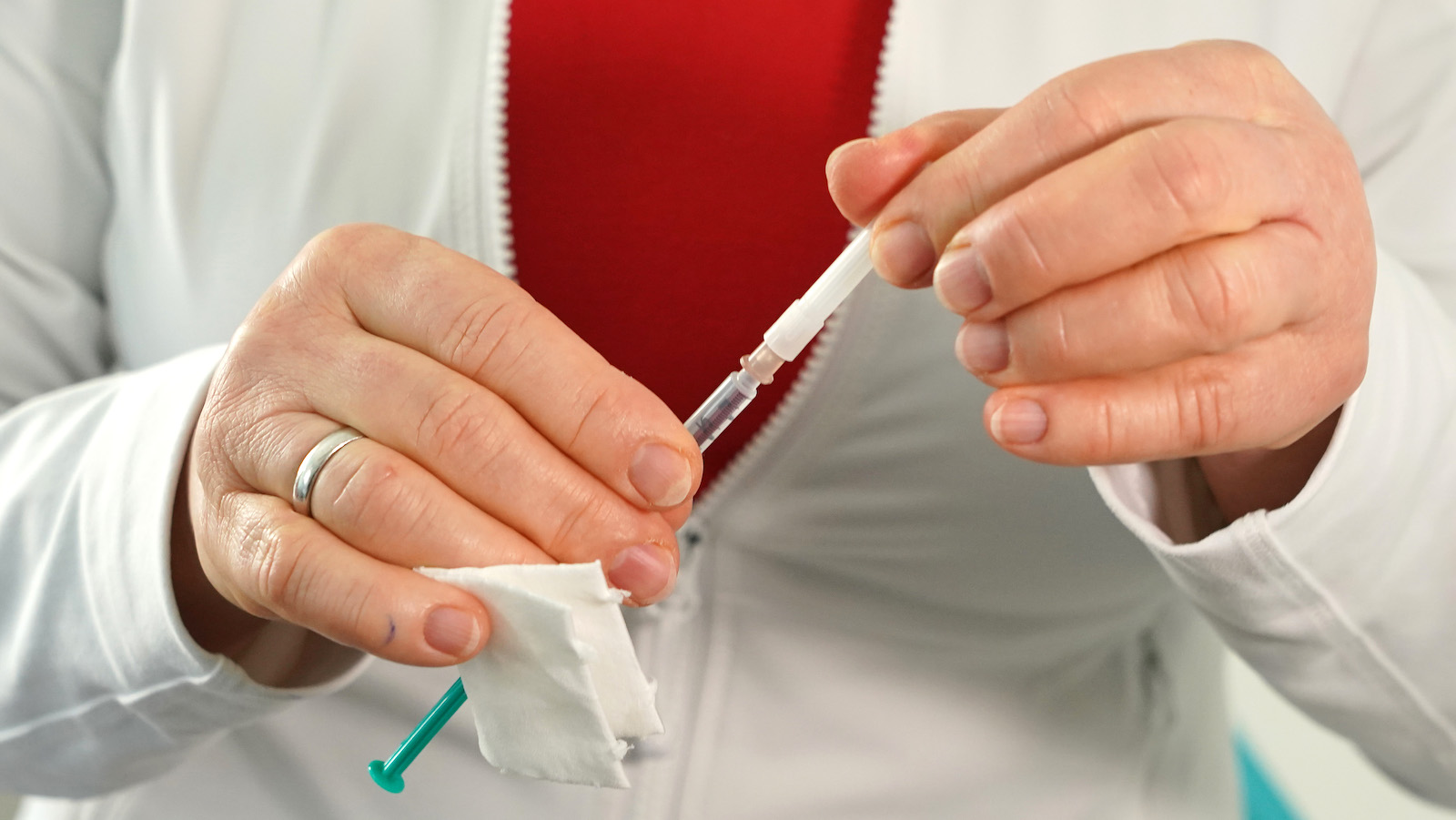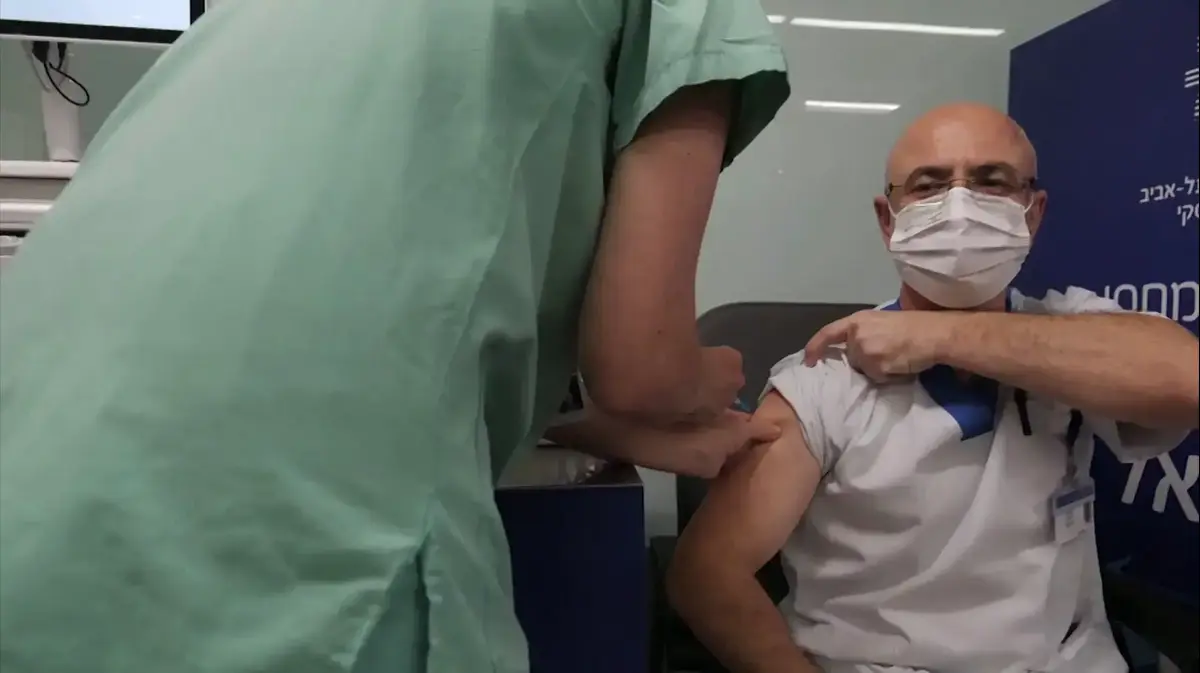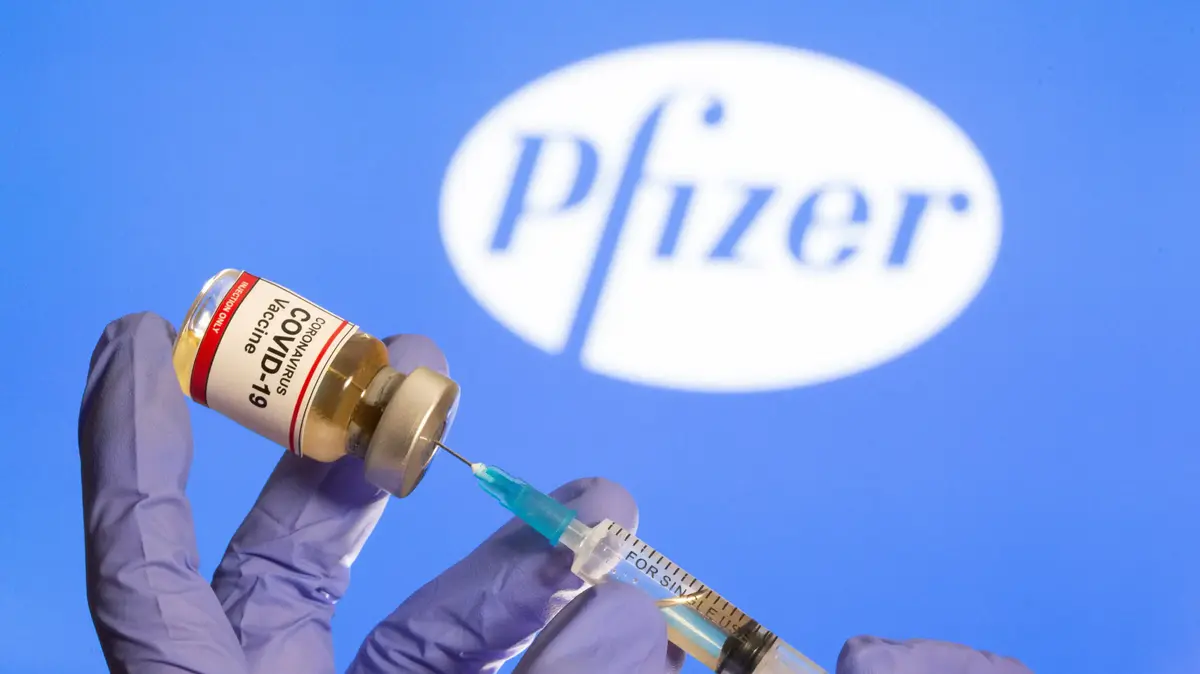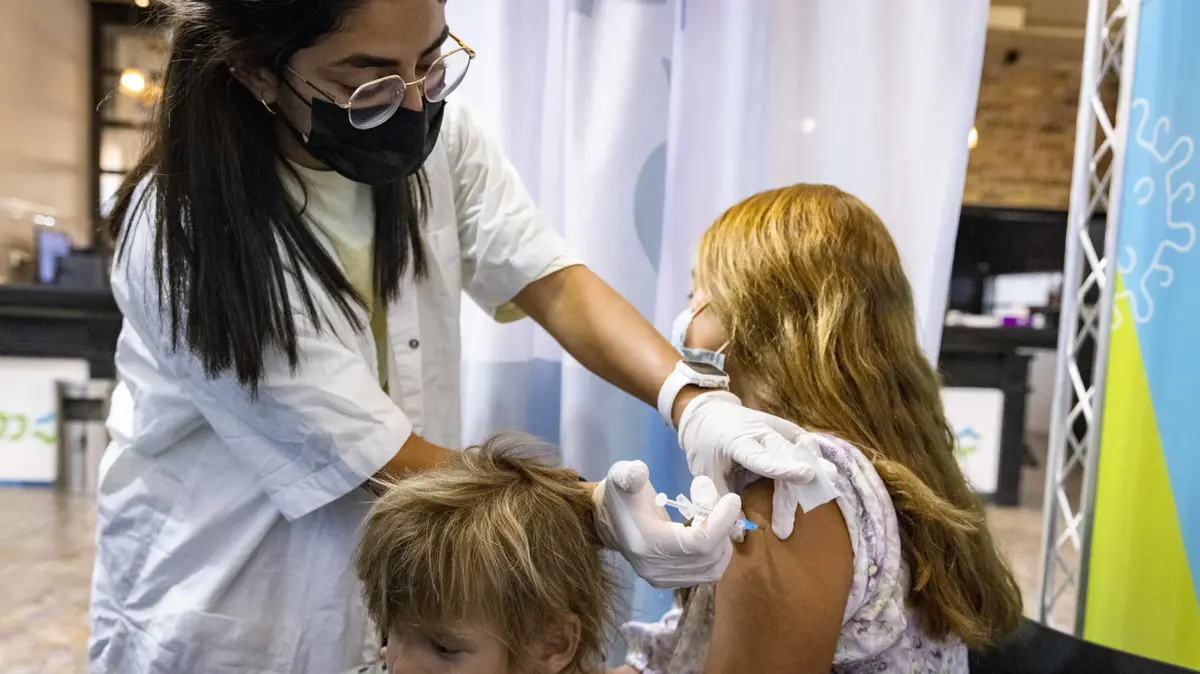Dr. Elmer Huerta: Put your shoulder to the vaccine against covid-19 that they offer you 1:27
(CNN Spanish) -
Pfizer and AstraZeneca vaccines against coronavirus have high levels of effectiveness in preventing severe symptomatic disease in patients at risk.
That's the conclusion of two studies, one in Israel and one in the UK.
In this episode, Dr. Elmer Huerta breaks down the results of both investigations and explains why they are important.
You can listen to this episode on Spotify or your favorite podcast platform or read the transcript below.
Hello.
I am Dr. Elmer Huerta and this is your daily dose of information about the new coronavirus, information that we hope will be useful to take care of your health and that of your family.
Today we will see what the new studies that evaluate the effectiveness of vaccines against covid-19 say.
advertising
First of all, as we heard in the February 16 episode, we must distinguish between two terms that are used interchangeably in daily conversation, and even in the media: efficacy and effectiveness of vaccines.
What is the efficacy of vaccines?
Let's first see what the efficacy of a vaccine consists of.
To understand efficacy, we must remember that phase 3 studies of vaccines are done in tens of thousands of people, and they are highly controlled studies in which researchers practically choose who will be the participants.
In other words, to facilitate comparison of results, participants in phase 3 studies are selected people, and pregnant women, children, the very old, or people with certain pre-existing diseases are excluded.
At the conclusion of the phase 3 study, the efficacy of the vaccine is calculated by comparing the number of cases that occurred in the group that received the vaccine and the number of cases that occurred in the group that received the placebo.
This is the effectiveness of some vaccines:
Obviously, if, as expected, the number of disease cases in the group that received the vaccine is much lower than in the group that received the placebo, the vaccine is said to be effective.
Thus, it has been calculated that for vaccines of:
Pfizer / BioNTech, its efficiency is 95%,
For Moderna 94.5%,
For AstraZeneca 82.4%,
And for Johnson & Johnson:
72% in the United States,
66% in Latin America
and 57% in South Africa.
But then what is effectiveness?
Unlike efficacy, effectiveness studies do not come from vaccinations in controlled experiments comparing vaccines against placebos.
They come from real-life vaccination campaigns, in which vaccinated and unvaccinated populations are compared.
Israel and the United Kingdom are, among others, the countries that are providing us with the most data on the effectiveness of vaccines.
There they are not only vaccinating people, but they have designed -in parallel- studies that make it possible to measure the effectiveness of vaccination programs.
In that sense, an Israeli prepublication showed that the effectiveness of the Pfizer / BioNTech vaccine is:
94% to avoid symptomatic infection
And 92% to avoid severe disease.
For its part, an unpublished British study conducted by the AVONCap Foundation (funded by Pfizer) has found that a single dose of the Pfizer / BioNTech or AstraZeneca vaccines was very effective in preventing serious symptomatic diseases that would have led to hospital to patients older than 80 years with multiple diseases.
A single dose of the Pfizer / BioNTech injection, which began in the UK on December 8, was 71.4% effective, 14 days after injection, in preventing hospitalization of patients with an average age 87 years old.
Similarly, a single dose of the AstraZeneca vaccine, which began in the UK on January 4, was 80.4% effective in preventing hospitalization in patients with an average age of 88 years.
Undoubtedly, these data on the effectiveness of the vaccines, calculated in real time, are very encouraging, since they show that both vaccines can prevent severe cases in people at high risk of complications, cases that can lead to hospitalization and death. a goal in which every vaccinated person puts their hope.
Do you have questions about the coronavirus?
Send me your questions on Twitter, we will try to answer them in our next episodes.
You can find me at @DrHuerta.
If you think this podcast is useful, help others find it by rating it on your favorite podcast app.
We'll be back tomorrow so be sure to subscribe to get the latest episode on your account.
And for the most up-to-date information, you can always head to CNNEspanol.com.
Thanks for your attention.
If you have any questions you can send them to Dr. Elmer Huerta through Twitter. You can also head over to CNNE.com/coronaviruspodcast for all episodes of our “Coronavirus: Reality vs. Reality” podcast. fiction".
coronavirusCovid-19Coronavirus vaccine















